July 21, 2016
Offices not yet smart enough to support new ways of working 0
 Employees believe their workplace is not making best use of latest technology, but expect this to improve as remote work begins to provide both quality of life and productivity benefits. In the latest Future Workforce Survey conducted by Dell and Intel, nearly half of global employees believe their current workplace is not smart enough, while 42 percent of millennial employees say they are willing to quit their job if technologies are not up to their standard. The research suggest that the addition of collaborative tools and innovations such as internet of things (IoT) and Virtual Reality (VR) will soon become vital to the workplace. According to the poll of nearly 4,000 full-time employees in ten countries, over half (57 percent) believe they will be working in a smart office within the next five years, while 51 percent believe that better technologies will make face-to-face meetings redundant within the next five years.
Employees believe their workplace is not making best use of latest technology, but expect this to improve as remote work begins to provide both quality of life and productivity benefits. In the latest Future Workforce Survey conducted by Dell and Intel, nearly half of global employees believe their current workplace is not smart enough, while 42 percent of millennial employees say they are willing to quit their job if technologies are not up to their standard. The research suggest that the addition of collaborative tools and innovations such as internet of things (IoT) and Virtual Reality (VR) will soon become vital to the workplace. According to the poll of nearly 4,000 full-time employees in ten countries, over half (57 percent) believe they will be working in a smart office within the next five years, while 51 percent believe that better technologies will make face-to-face meetings redundant within the next five years.







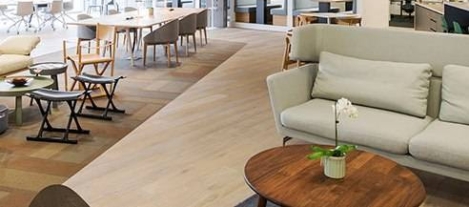
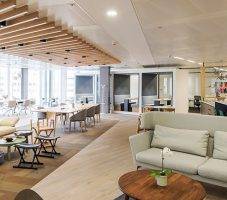 SMEs that neglect to offer flexible work options may find their employees decide to switch to somewhere that does, according to a survey from
SMEs that neglect to offer flexible work options may find their employees decide to switch to somewhere that does, according to a survey from 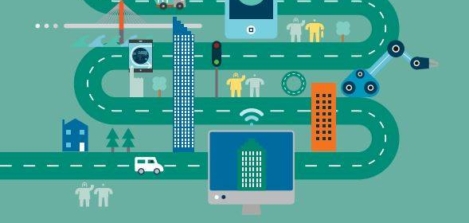
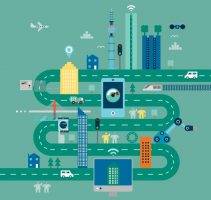 Global law firm Osborne Clarke has released its fourth
Global law firm Osborne Clarke has released its fourth 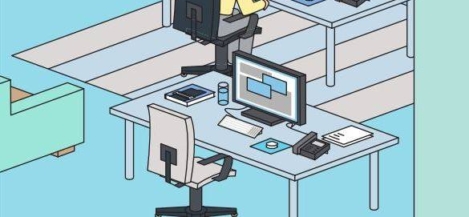
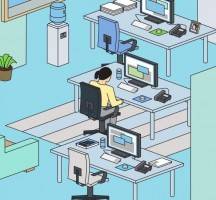 Gensler has announced the results of its Workplace Survey 2016 for both
Gensler has announced the results of its Workplace Survey 2016 for both 
 There is an ancient Asian parable which has found its way into a number of cultures including Hindu and Buddhist lore. In one version, the Buddha tells of a king who has nine blind men summoned to his palace. An elephant is brought in and they are asked to describe it. Each man feels a different part of the elephant and describes it to the king. In turn they tell him it is a pot (the man who feels the head), a winnowing basket (ear), a ploughshare (tusk), a plough (trunk), a granary (body), a pillar (foot), a mortar (back), a pestle (tail) or a brush (tip of the tail). They disagree violently with each other to the amusement of the king, and the Buddha surmises that ‘in their ignorance they are by nature quarrelsome, wrangling, and disputatious, each maintaining reality is thus and thus.’ Around 2,500 years later, groups of people continue to describe big things solely based on the bits with which they come into contact and bicker with others who are close to other bits.
There is an ancient Asian parable which has found its way into a number of cultures including Hindu and Buddhist lore. In one version, the Buddha tells of a king who has nine blind men summoned to his palace. An elephant is brought in and they are asked to describe it. Each man feels a different part of the elephant and describes it to the king. In turn they tell him it is a pot (the man who feels the head), a winnowing basket (ear), a ploughshare (tusk), a plough (trunk), a granary (body), a pillar (foot), a mortar (back), a pestle (tail) or a brush (tip of the tail). They disagree violently with each other to the amusement of the king, and the Buddha surmises that ‘in their ignorance they are by nature quarrelsome, wrangling, and disputatious, each maintaining reality is thus and thus.’ Around 2,500 years later, groups of people continue to describe big things solely based on the bits with which they come into contact and bicker with others who are close to other bits.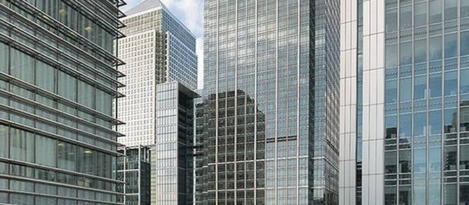
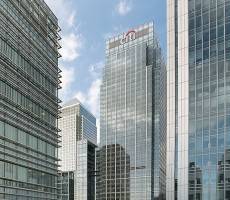
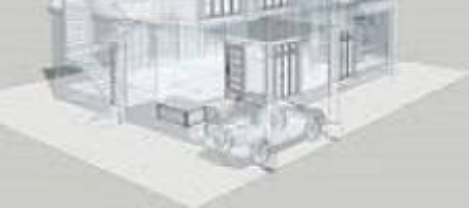
 According to
According to 




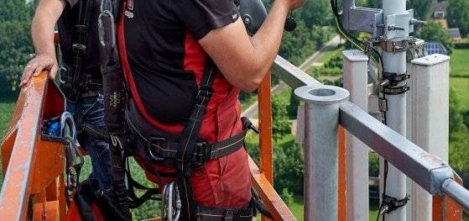










July 20, 2016
We need to keep a more open mind about open plan office design
by Maciej Markowski • Comment, Facilities management, Workplace design
(more…)